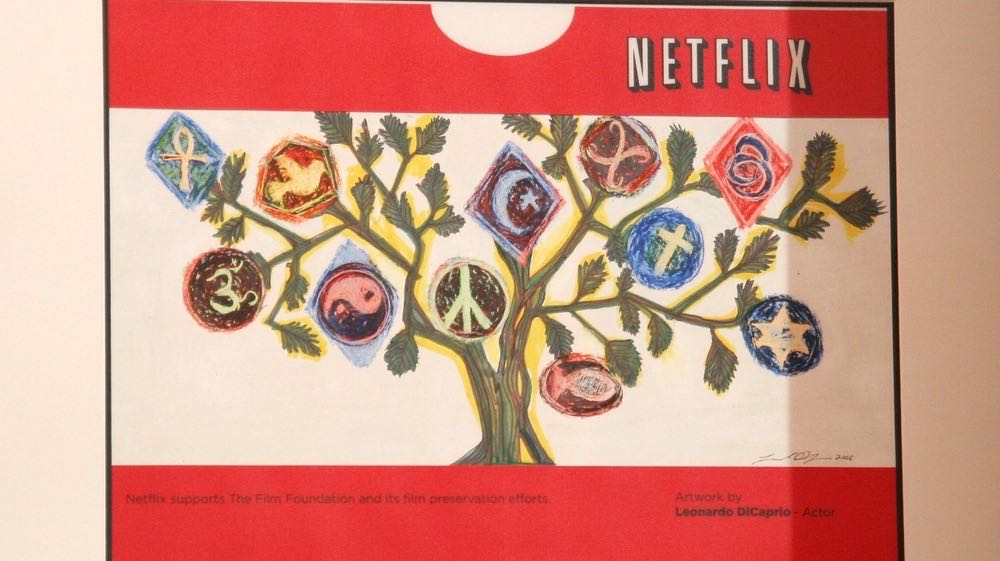Type-A and type-B personalities experience time differently, according to a study that looked at why some people arrive habitually late to appointments.
All Articles
An op-ed piece in the Los Angeles Times by sociologist Phil Zuckerman supplied a reassuring answer for secular parents: absolutely. In the face of a previous study finding that children […]
A new study, which followed nearly 1 million people over 10 years, concludes that smoking is even deadlier than we thought, accounting for more than 60,000 additional deaths per year and five additional diseases.
A new feature allows users to designate a friend or family member to become the caretaker of your account should you die.
If they’re so massive that not even light can escape, how can we see them? “According to the special theory of relativity nothing can travel faster than light, so that […]
The US Academies of Science, Engineering, Medicine, and National Research moved to abandon aggressive geoengineering techniques in a new report.
Romance and reason are becoming estranged bedfellows (too bad—they were a cute couple). Does love’s logic now add up? Or is love like “happiness,” a low-resolution word (unhelpful in seeing key distinctions). Food for thought on love’s unrequited logic…
Medical professionals say low self-esteem and not feeling “man enough” are driving men’s dogged attempts to achieve a lean and muscular body.
Researchers were interested to know whether grassy areas, playgrounds or asphalt lots influenced children’s activity levels.
David Butler, vice president of Innovation and Entrepreneurship at Coca-Cola, speaks to the harms that befall big companies that refuse to adapt to remain relevant.
In times when going off to war was a badge of courage, deserting was tantamount to treason.
Magazines and health journals have been publishing studies for years saying a glass of wine is good for your heart. A recent study calls those findings into question.
Understanding corruption — how it arises and why some countries are more corrupt than others — has always been difficult for sociologists.
Depending on what you want from a workout session, personal training apps may be able to replace sessions with a live trainer (or not).
Men can reverse the effects of a poor night’s sleep with a nap, according to researchers.
Jon Iwata, IBM’s senior vice president of Marketing & Communications, explains why freedom is the best social media policy for employees.
Research shows evidence that we can alter our brains to enhance our creative thinking — all through the power of art.
We know that a body of research shows women to be more nurturing, team-oriented, and collaborative. This is expected of us. And so, it’s lately been recommended that women consider […]
Treadmill desks shouldn’t be considered an end-all-be-all fitness solution — it’s a way to promote health and lessen the amount of time you sit on a daily basis.
Turns out fitness apps may be better at tracking physical activity than wearable fitness devices.
“A comedian is not a person who opens a funny door — he’s the person who opens a door funny.”
China’s budget carrier Spring Airlines wants passengers to stand during flights so planes can carry more coach-class travelers on short-haul flights.
Yet another study has been released on Facebook. This research implies that those over-sharing Facebook couples may actually be as happy as they look in their constant photo updates.
If we all lived under the intense scrutiny to which we are currently subjecting national news anchor Brian Williams, each of us would be discredited, say neuroscientists who study memory.
The Woman in White is a Victorian mystery novel containing a “songline” of a chance slice of London.
Chemicals found naturally in grapes are highly effective at preventing fat buildup in the liver and encouraging the body to metabolize sugar rather than store it.
Ever wonder why men finish their meals faster than women? No? Maybe? Well, a recent study shows men eat with more “chewing power” than women and take larger bites.
Resulting from President Barack Obama’s efforts to normalize diplomatic relations with Cuba, Netflix has made its monthly video-streaming service available on the island for $7.99 per month.
“They f**k you up, your mum and dad,” poet Philip Larkin wrote in the late work “This Be the Verse.” “They may not mean to, but they do./ They fill you with the faults they had/ And add some extra, just for you.” Larkin kidded that those lines would be his best remembered, a guess not too far off 30 years after his death. Where others see in those lines a perfect portrait of the sour, sad curmudgeon poet, in the new biography Philip Larkin: Life, Art and Love, James Booth sees something different. “The poem’s sentiment is sad, but the poem is full of jouissance,” Booth argues. “This must bid fair to be the funniest serious English poem of the 20th century.” Likewise, Larkin — target of posthumous charges of racism, misogyny, and assorted cruelties — could lay claim to being the “funniest serious” English poet of the 20th century. Booth, who knew and worked with Larkin, shows the sweet, happy side of the sour, sad poet and makes a strong case for learning to love Larkin again, if not for the first time.
How does the media talk about men’s and women’s sports? Quite differently, according to Nicholas Subtirelu, a Ph.D. student in applied linguistics at Georgia State University.




























